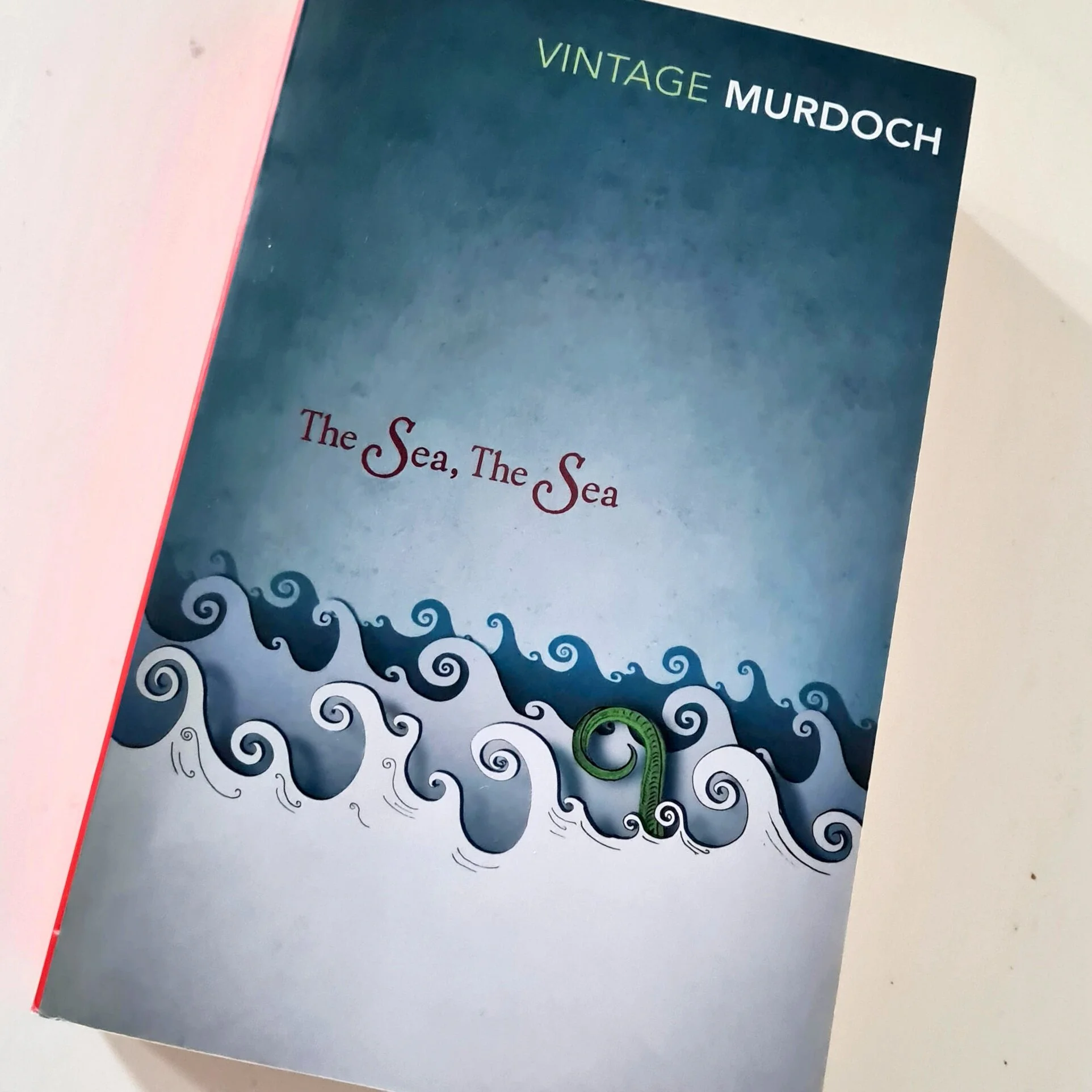
20-11…
20. Life of Pi, Yann Martel (2002) – 8.5
(GoodReads ranking :17, equivalent score 8)
Another book that I’d swerved for years on account of it seeming a bit “inspirational quotes and sunsets on Instagram” (if you catch my drift) I was surprised by how much I enjoyed it. Delightfully odd and yet supremely readable, with an ending that’s either entirely brilliant or highly frustrating, depending on your perspective (I side with the former).
19. The Inheritance of Loss, Kiran Desai (2006) - 9
(GoodReads ranking: 52, equivalent score 7)
Rather out of step with consensus, I really enjoyed Desai’s postcolonial culture-clash novel. I found it incredibly well written, packed with complex and diverse characters, and ultimately very funny in places. Many reviewers seemed to disagree, with “grimness” a prevailing criticism. I’d urge you to read and make up your own mind, as I think this is an unfairly maligned winner.
NEW 18. Prophet Song, Paul Lynch (2023) - 9
(GoodReads ranking: 6, equivalent score 8.5)
The 2023 winner has all the hallmarks of a future classic. A dystopian tale of the slow encroachment of totalitarianism in the unlikely setting of modern-day Ireland, it’s at heart a story about empathy in a world where war and trouble is often “elsewhere”, seen through the eyes of one ordinary mother and her family. Not without controversy, it still deserves to be read by as wide an audience as possible.
17. Schindler's Ark, Thomas Keneally (1982) – 9
(GoodReads ranking: 1, equivalent score 8.5)
I’d been avoiding both book and film for years, expecting something between grimness and mawkish sentimentality. Of course the subject matter could not be more horrific, but it’s now obvious that the book’s incredible popularity couldn’t have been achieved with darkness alone. It finds light and hope and even, improbably, humour, in the darkest of places.
16. The God of Small Things, Arundhati Roy (1997) – 9
(GoodReads ranking: 14, equivalent score 8)
Another memorable and wide-ranging post-colonial Indian novel, its darker themes and quasi-Joycean linguistic playfulness have alienated some, but Roy’s debut seems to have deservedly found a wide audience regardless.
15. Life and Times of Michael K, J. M. Coetzee (1983) - 9
(GoodReads ranking: 26, equivalent score 7.5)
A relentlessly dark story of a doomed man in an alternate, almost post-apocalyptic feeling South Africa. There’s not a lot of hope in Coetzee’s first winner, but there’s an enormous amount to chew on. Starkly beautiful in spite of all the gloom.
14. The Sea, The Sea, Iris Murdoch (1978) - 9
(GoodReads ranking: 14, equivalent score 8)
My first real moment of joy in my chronological trawl through the winners, Murdoch’s book felt a bit like the moment the Booker switched from black and white into colour. Full of supremely memorable imagery, deliberately theatrical and occasionally just plain silly, it’s an absolute delight.
13. Oscar and Lucinda, Peter Carey (1988) - 9
(GoodReads ranking: 38, equivalent score 7.5)
Much more mulifaceted a historical novel than Carey’s later Kelly Gang, this is one of the best winners in terms of pure page-turning storytelling. Bear with it through the first section which is a little too packed with religious debate, and you’ll be rewarded with a searing critique of colonialism that also manages to be a romance, a doomed adventure novel and a whole lot more.
12. Sacred Hunger, Barry Unsworth (1992) - 9
(GoodReads ranking: 8, equivalent score 8)
Richly brings to life the horror of life on board a slave ship, largely focusing on the perpetrators and their demented and subhuman devotion to the “cause” of capitalism. I still feel it fails on a serious level by not giving any real voice to the victims, but it’s hard to deny its power despite this not insignificant flaw.
11. The White Tiger, Aravind Adiga (2008) - 9
(GoodReads ranking: 30, equivalent score 7.5)
One of the more contemporarily “relevant” winners, as Adiga’s takedown of the impact of hyper-capitalism on India was presciently released around the time of the global financial crisis. It’s incisive, funny and ultra-vivid in its imagery (confirmed by the recent highly faithful and pretty good Netflix adaptation)










